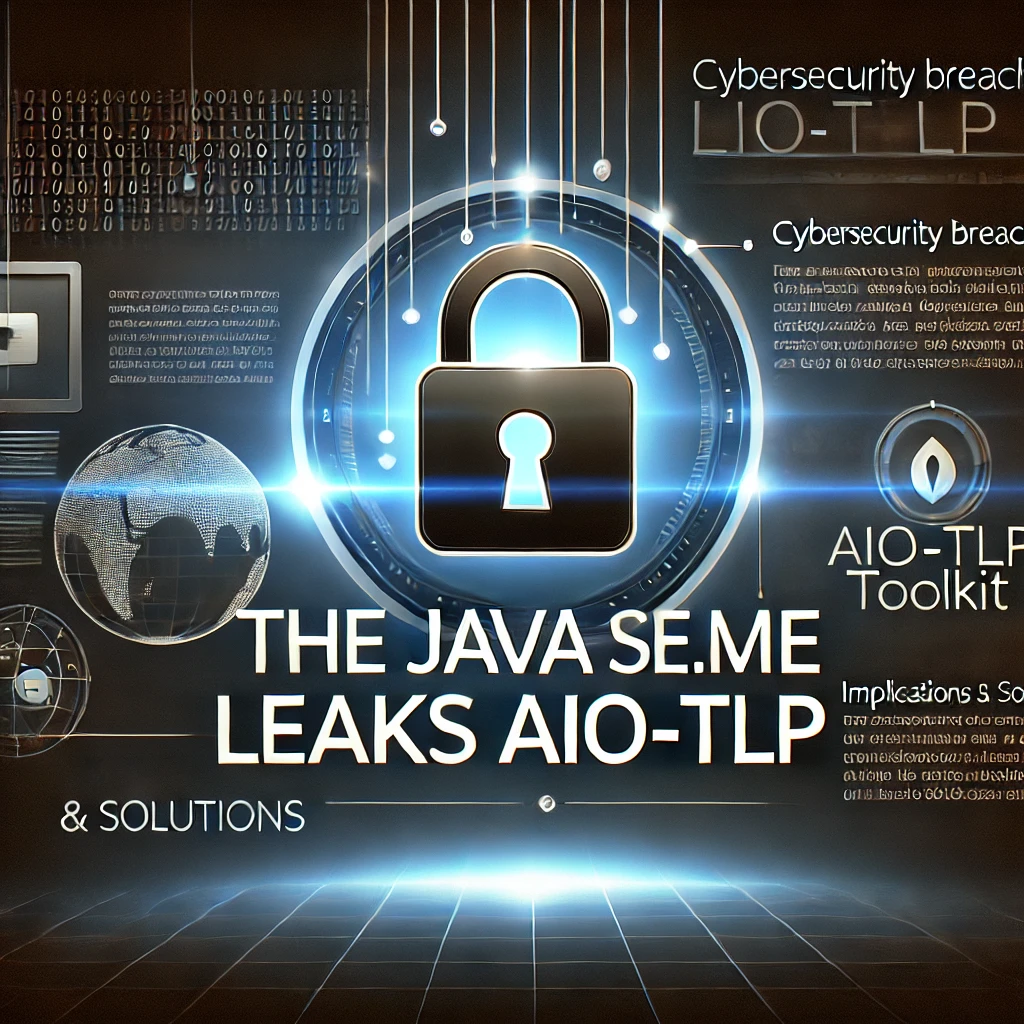In the age of digital transformation, where information flows freely and technology continuously evolves, the issue of software leaks has become an increasingly important topic of discussion. The unauthorized distribution of software—often known as “software leaks”—has sparked debates in both the tech and legal spheres, raising questions about intellectual property rights, ethical behavior, and the potential consequences of such leaks.
1. What Are Software Leaks?
A software leak refers to the unauthorized release or distribution of software that is either incomplete, in beta testing, or yet to be officially launched by its developers. These leaks often occur through hacked servers, insider threats, or intentional releases by disgruntled employees. Sometimes, leaks involve proprietary software that is not meant for public release, but which finds its way into the hands of users outside the target audience.
2. The Risks to Developers and Companies
Software leaks can have significant implications for companies, especially when they involve unreleased, sensitive, or unfinished products. These leaks can:
- Undermine Development Cycles: When software is released before its official launch, it may lack critical updates, security patches, or features intended to be part of the final product. Leaked versions can make it difficult for developers to maintain control over their software’s quality and public perception.
- Reputation Damage: Leaked software, especially if it contains bugs or security vulnerabilities, can damage a company’s reputation. It gives users a flawed view of the product before its official release, often resulting in a backlash.
- Financial Consequences: Leaked software can lead to lost sales if users choose to download a free or unauthorized version rather than purchasing a legitimate copy. This loss can significantly affect companies, particularly smaller or independent developers.
- Intellectual Property Theft: In some cases, software leaks involve intellectual property theft, where proprietary code, algorithms, or even entire products are stolen and shared unlawfully.
3. The Ethical Implications of Software Leaks
The question of ethics is crucial when discussing software leaks. On one hand, some argue that leaks can provide access to software that would otherwise be inaccessible, especially in regions with limited access to expensive software tools. On the other hand, leaking software violates intellectual property rights and undermines the hard work of developers.
- Piracy and Its Consequences: Software piracy, where leaked versions of software are used without proper licensing, is one of the most significant ethical issues surrounding software leaks. Piracy not only affects companies financially but also discourages innovation by reducing the incentive to create new, better products.
- Access to Technology: In some cases, leaks may be seen as a form of protest or activism, where the aim is to provide access to technology to underserved or economically disadvantaged communities. However, this still does not justify the harm it causes to developers and companies.
- Insider Leaks: When leaks come from within an organization—either from a disgruntled employee or a malicious insider—the ethical implications are even more severe. Such leaks violate trust and can lead to legal action against the individuals involved, not to mention damage to the company’s internal culture.
4. The Consequences for Users
For end users, downloading and using leaked software might seem harmless at first glance, but there are significant risks involved:
- Security Risks: Leaked software often lacks the latest security patches or updates, making it a potential target for cybercriminals. Users who download leaked software may inadvertently expose themselves to malware, ransomware, or other types of malicious attacks.
- Legal Consequences: By using pirated or leaked software, users may be violating copyright laws, which could lead to legal consequences ranging from fines to jail time, depending on the jurisdiction and the scale of the infringement.
- Lack of Support: Leaked versions of software are not supported by developers, meaning users will not have access to customer service or troubleshooting help if something goes wrong. This can create frustration and loss of productivity, particularly for business users.
5. The Tech Industry’s Response to Software Leaks
Given the potential damage caused by software leaks, the tech industry has developed several mechanisms to combat these issues:
- Legal Action: Companies are increasingly taking legal action against those involved in software leaks, whether they are hackers, insiders, or websites hosting pirated copies. In some cases, copyright infringement lawsuits are pursued to deter future leaks and enforce intellectual property rights.
- Improved Security Protocols: In response to the rise of leaks, tech companies are investing more in cybersecurity measures, including encryption, access control, and monitoring for potential insider threats. They are also adopting more robust software release cycles to ensure that products are well-tested and secure before they reach the public.
- Digital Rights Management (DRM): To protect their software from unauthorized distribution, many companies are using DRM technologies to limit copying, sharing, and accessing their products without proper licenses. While these measures help prevent leaks, they can also frustrate legitimate users who feel that they are being unfairly restricted.
6. The Legal Framework Surrounding Software Leaks
There are strong legal protections against software leaks under international copyright law, including:
- Copyright Law: Software is generally considered intellectual property and is protected under copyright law. Any unauthorized distribution or use of software without a license is a violation of these laws and can lead to legal penalties.
- The Digital Millennium Copyright Act (DMCA): In the United States, the DMCA provides further protections for digital media, including software. It makes it illegal to circumvent digital rights management (DRM) technologies and mandates that websites take down infringing content when notified.
- International Treaties: International agreements such as the Berne Convention for the Protection of Literary and Artistic Works provide a framework for protecting software as intellectual property on a global scale.
7. Conclusion: Striking a Balance Between Access and Protection
Software leaks highlight the ongoing tension between access to technology and the protection of intellectual property. While leaks may provide temporary access to software, they create significant risks for both users and developers. The consequences of software leaks, both legal and ethical, underscore the importance of respecting intellectual property rights, maintaining secure software development practices, and finding more sustainable solutions to issues of access.
As the tech industry evolves, it must continue to balance the interests of developers, users, and the public, while also adapting to the challenges posed by an increasingly connected digital landscape. Legal, ethical, and technological solutions will all play a crucial role in addressing the complexities of software leaks in the digital age.











Leave a Reply